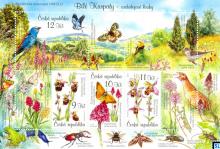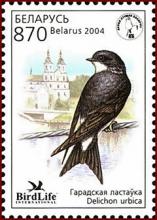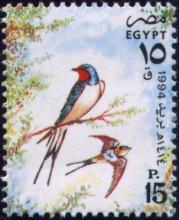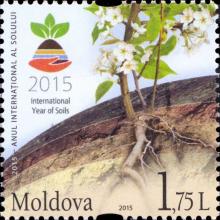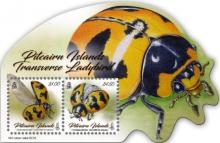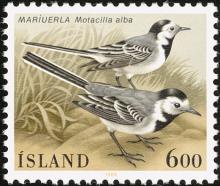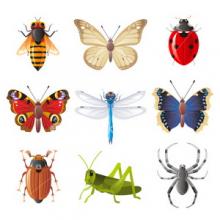Ornithologen schlagen Alarm: Insektensterben ist dramatisch
Sie werden immer weniger: Eine Biene auf einer Blüte. Doch der Einsatz von Pestiziden in der Landwirtschaft macht den Insekten zu schaffen. Der Rückgang der Insekten im Werra-Meißner-Kreis ist dramatisch. Hauptursache sei der massive Einsatz von Pestiziten in der Landwirtschaft, so Wolfram Brauneis, Naturschützer und Ornithologe.

